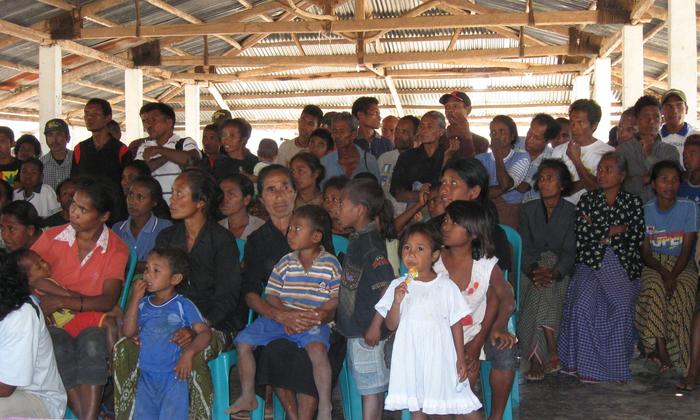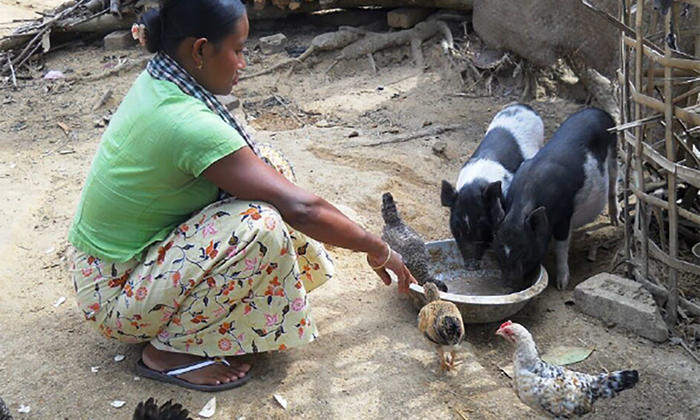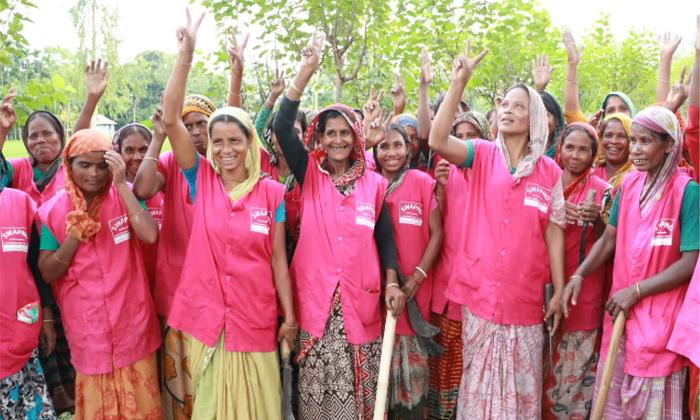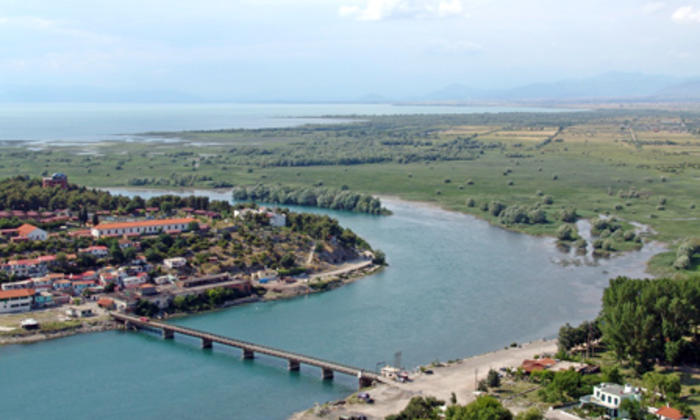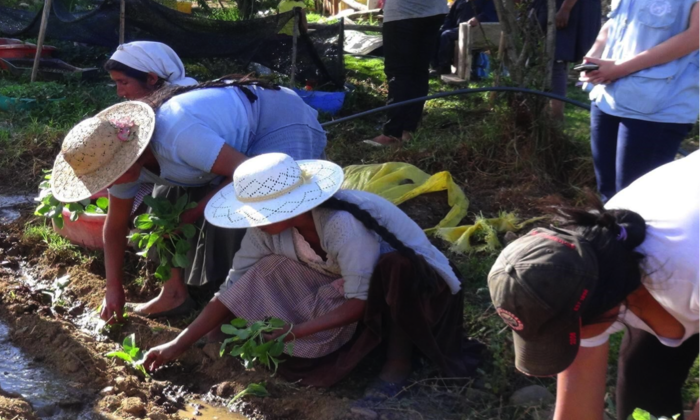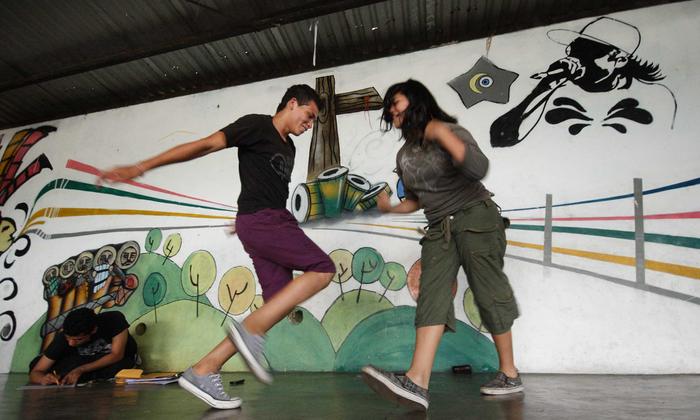24 small businesses successfully acquired legal personalities and of those, 16 were able to access financing from rural savings and credit unions
Case study
Honduras: Culture and Tourism for Sustainable Local Development in Ruta Lenca
SDGs ADDRESSED
This case study is based on lessons from the joint programme, Promotion of Culture and Tourism for Local Development in Ruta Lenca
Read more
Chapters
Project Partners
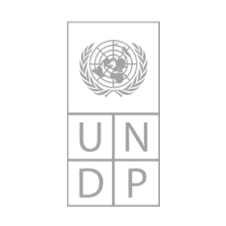
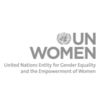
1. SUMMARY
In Honduras, the joint programme supported inclusive economic development, the revitalization of the Lenca culture, and the development of sustainable tourism and micro and small enterprises led by women and youth in the municipalities of La Esperanza, Intibucá, Yamaranguila, Jesús de Otoro and San Miguelito in the Department of Intibucá.
2. THE SITUATION
The Lenca people represent 41% of the Department of Intibucá. Its Human Development Index (HDI) at 0.6352, places it below most other Departments in the country. In contrast to the high levels of poverty and inequality seen in the region, the “Ruta Lenca” is endowed with a rich natural and cultural heritage. While there is great potential to exploit these advantages, indigenous women and youth are vulnerable and suffer exclusion, limiting their economic rights and access to justice.
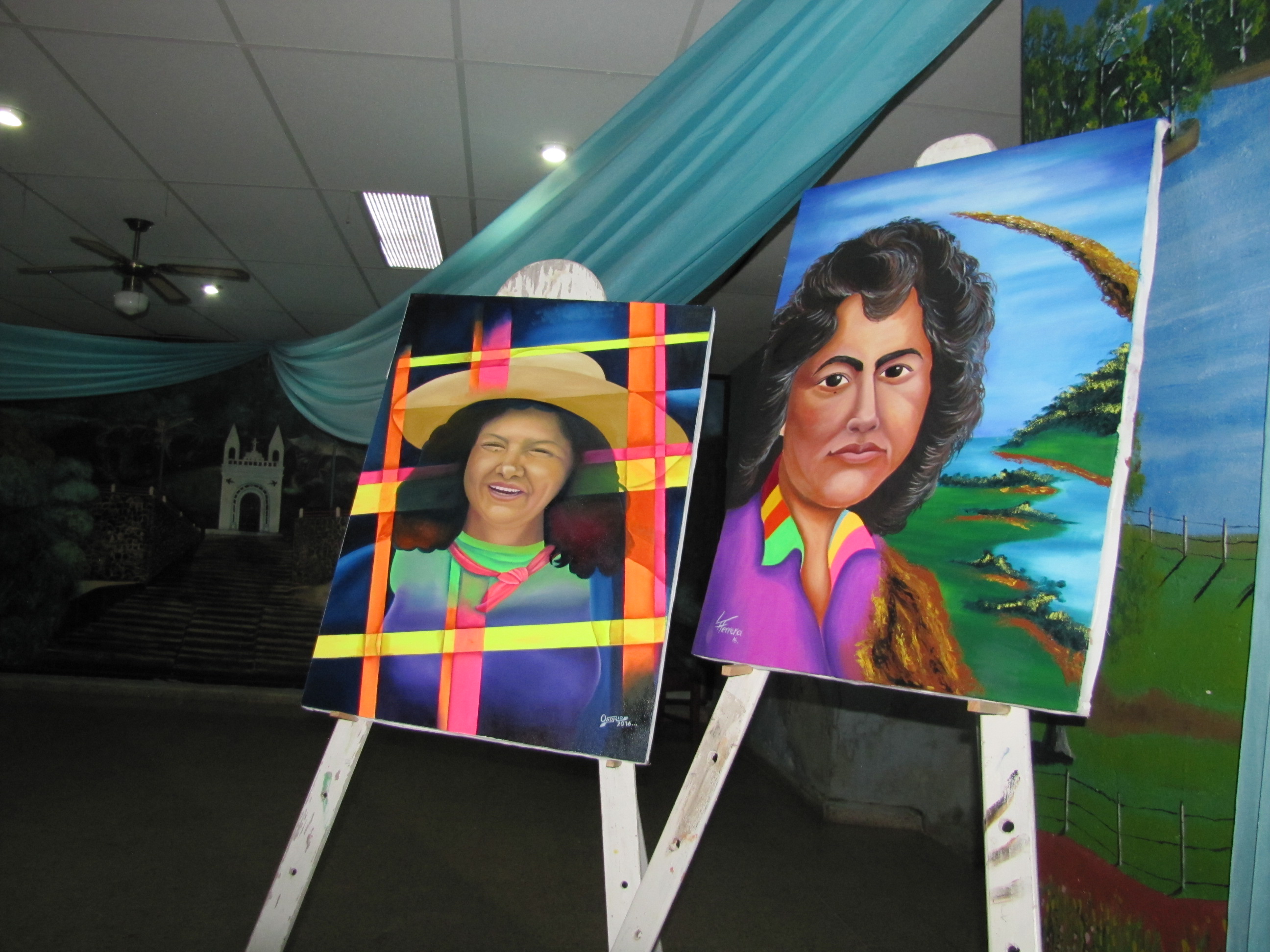
An exhibition of local artwork by joint programmes participants
3. STRATEGY
The joint programme promoted Lenca cultural heritage and cultural tourism as a means to revitalize the local economy. This was done by fostering of entrepreneurship and small business development, building the skills of Lencan women and youth, providing access to finance, and fostering intersectoral cooperation and planning.
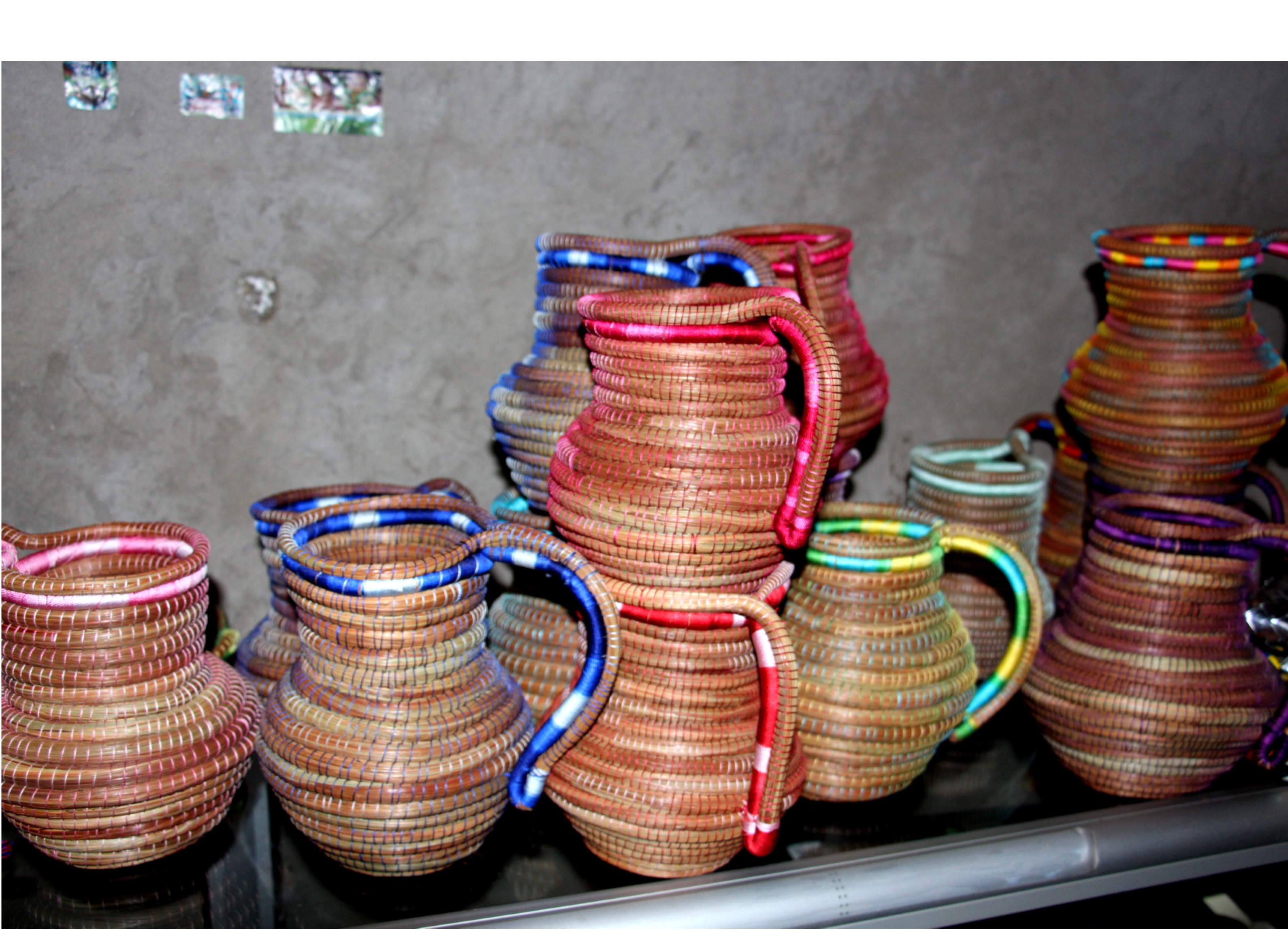
Traditional hand-woven baskets made by programme beneficiaries
4. RESULTS AND IMPACT
The joint programme promoted an inclusive approach to development by forming the Local Committee for Entrepreneurship which served as the key local decision-making mechanism and benefited from the representation of indigenous grassroots organizations and broad participation by women. The committee screened proposals submitted by 48 small business start-ups in cultural tourism and related sectors.
Thirty-eight were selected to receive support from Centres for Small Business Development, which included training, guidance in preparing business plans and business management, and seed money from the programme upon satisfactory completion of all other requirements. By programme closure, 24 small businesses successfully acquired legal personalities and of those, 16 were able to access financing from rural savings and credit unions.
The creation of an Inter-Institutional Roundtable on Rural Cultural Tourism fostered policy and intersectoral coordination in the Lenca region as well as the elaboration of the first tourism development plan of its kind for the five participating municipalities, covering the period 2017-2027. With the cultural tourism sector in the nascent stages of development, tourist information centres were provided with equipment and communications materials to promote Lenca culture and the region as a cultural tourism destination. The programme bridged key gaps in capacities for cultural heritage management and cultural tourism development through the training of 73 “cultural managers” (gestores culturales) to promote Lenca culture and the formation of the Network of Indigenous Lencan Youth Communicators (Red de Comunicadores jóvenes indigenas lencas), and training of 34 cultural tourism guides.
Addressing key social issues related to the empowerment of Lenca women and youth in the communities such as access to justice, human rights and gender equality and their root causes, the programme worked with the NGO, “Las Hormigas” to develop a strategy for the prevention of violence again women and a campaign against alcoholism.
5. CHALLENGES
Promoting access to rural finance and building the capacity of the rural savings and credit unions as viable credit brokers was not without its challenges. These included a lack of interest on the part of many commercial companies to provide pro formas and quotations because without a purchase guarantee, they considered preparing such documents a waste of time.
6. LESSONS LEARNED
- Engaging a cross-section of grassroots community leaders as decision makers - guided and informed by experts - in the selection of business proposals was noted by the community as a transformative and empowering experience.
- The requirement for cash and/or in-kind contributions from business start-ups and MSEs to complement seed money changed the modality for delivering technical assistance from a beneficiary receiving support to that of a partner.
- The rigorous processes involved in acquiring legal personalities and applying for credit from the rural savings and credit unions strengthened management and operations, the credibility of business start-ups and MSEs and their capacities to participate in competitive procurement processes, as a result. The support provided by the programme to build capacities of the rural savings and credit unions helped invigorate the local economy.
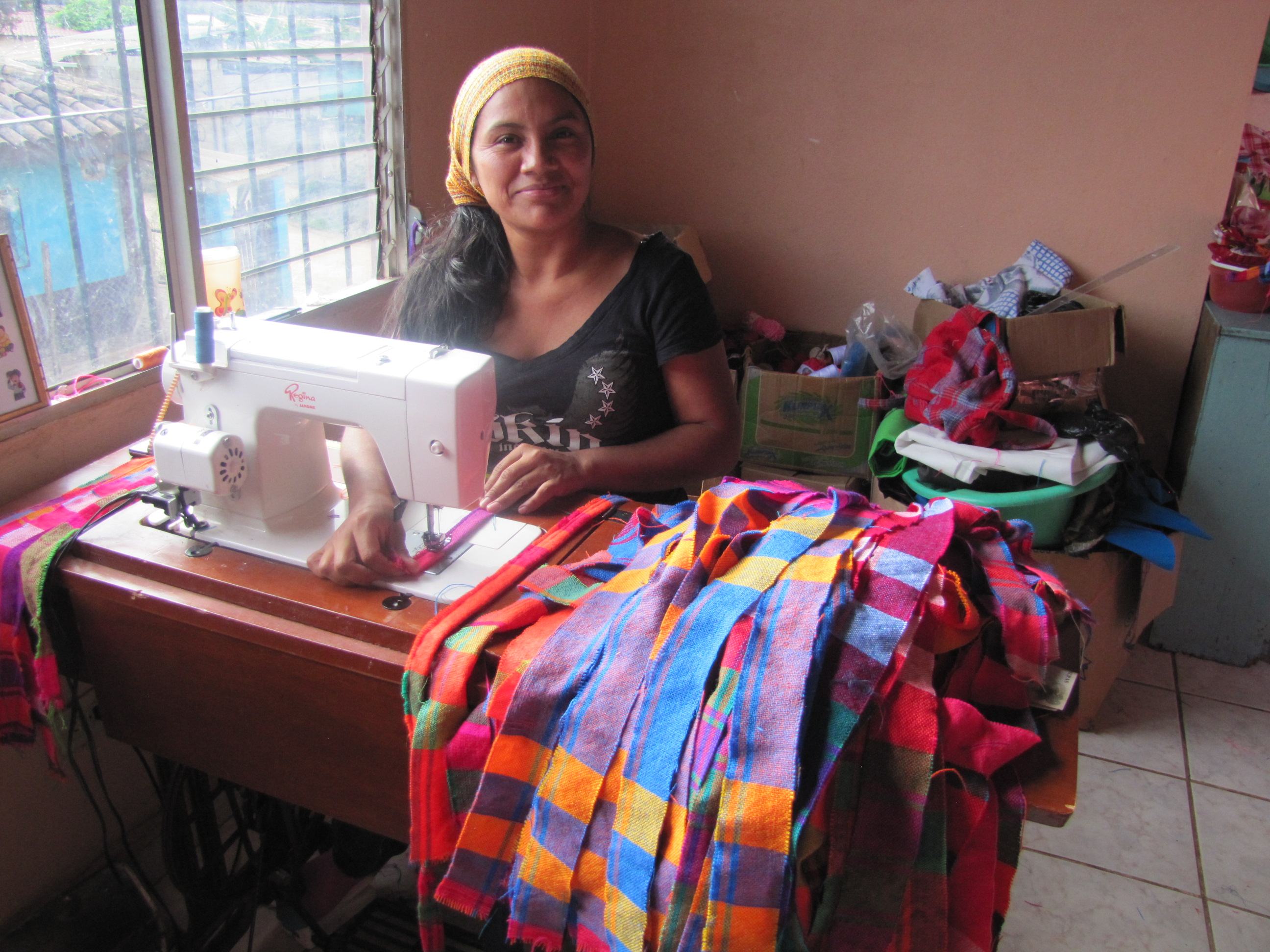
Xiomara, a participant of the programme, is now a businesswoman, mother and community leader
7. SUSTAINABILITY AND POTENTIAL FOR REPLICATION
The programme’s success, as noted in the final evaluation, can be seen from the perspective of the beneficiaries themselves: Lenca women and youth felt more important and had a greater sense of self-esteem and at the community level, as art and culture were promoted as viable income-generating opportunities.
Additional funding from USAID has allowed continued support for women-owned small businesses and start-ups in the Ruta Lenca region. The work of the SDG Fund programme also informed the design and development of the IFAD “Pro-Lenca” project, which will build on the results of the SDG Fund programme and expand to other municipalities.
At programme closure, 16 beneficiary groups met the eligibility criteria to participate in the Pro-Lenca project. Strategic partnerships were also formed with Heifer International and Cuso International, with potential to further promote sustainability of results.

